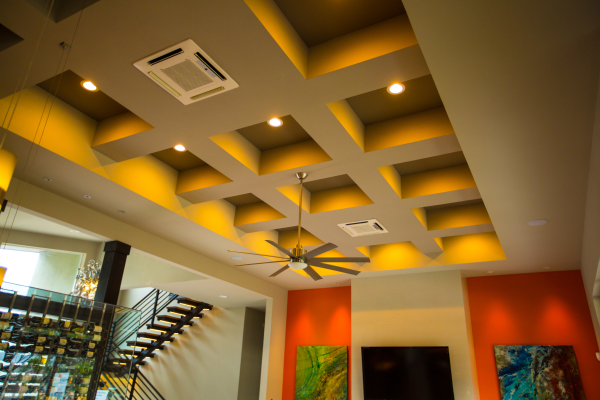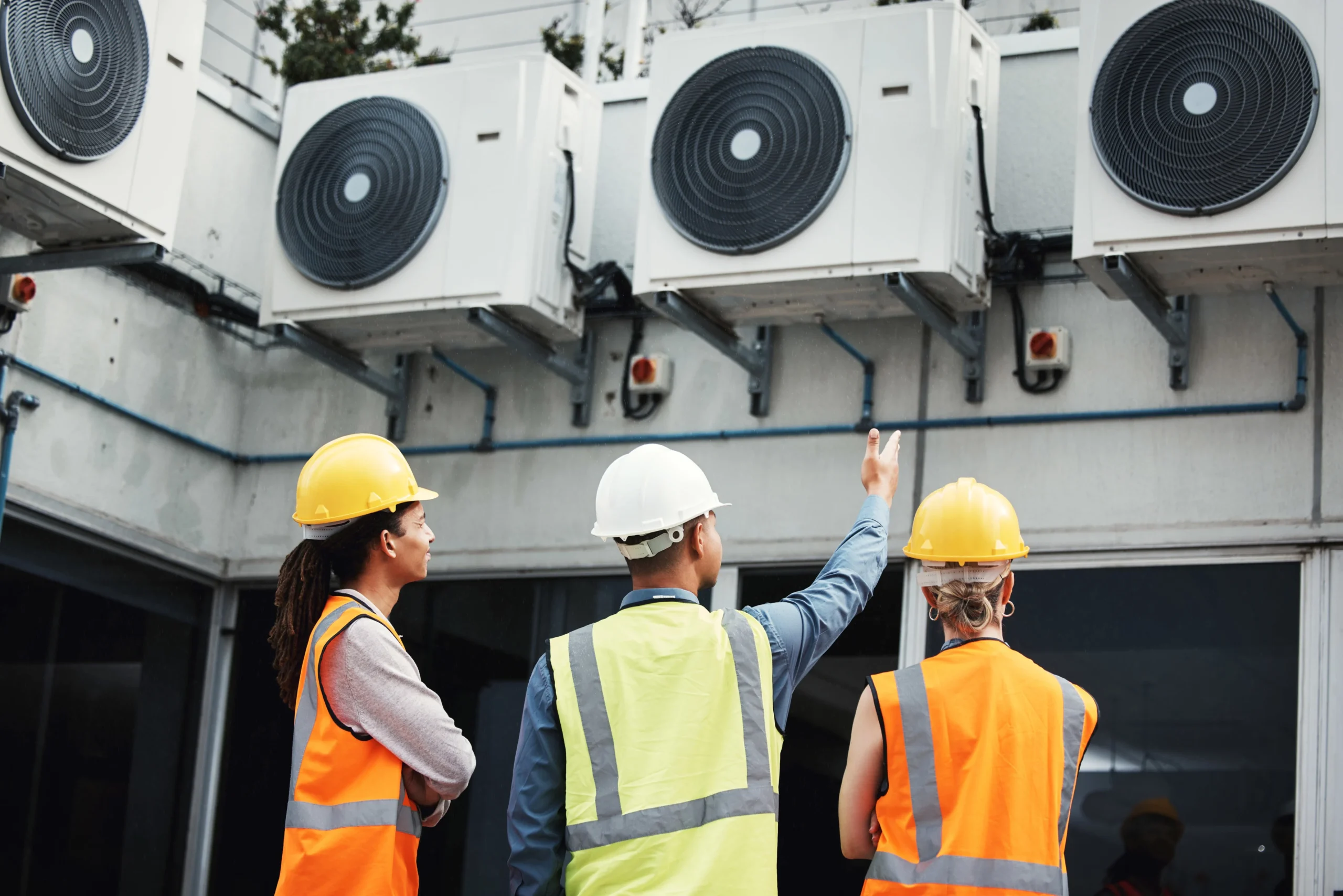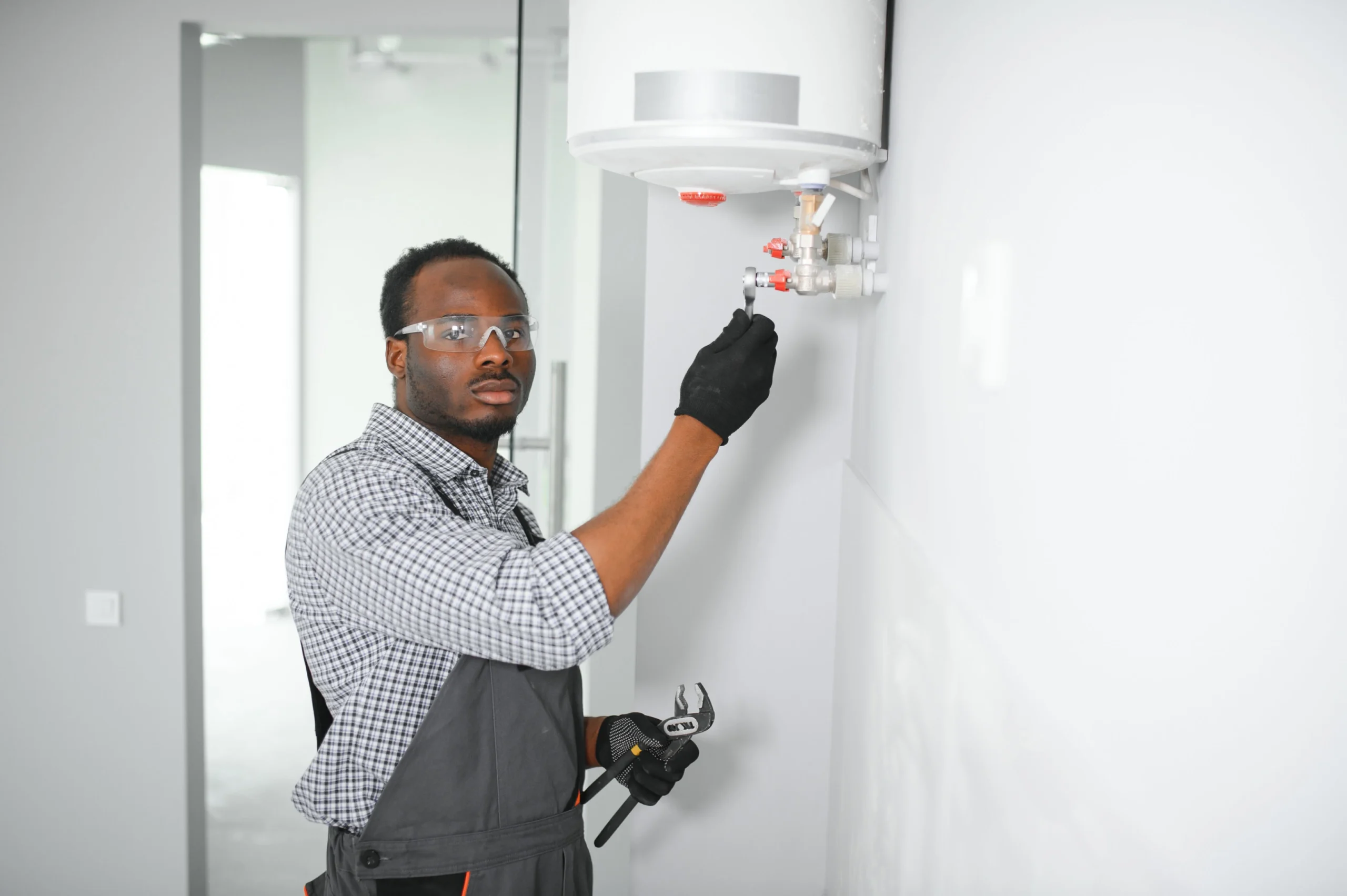Choosing the right HVAC system for your Philadelphia home is crucial for ensuring comfort and energy efficiency throughout the year. With various options available, it can be challenging to determine which system best meets your needs. In this guide, Affordable Fixes will help you understand and compare different types of HVAC systems, including central air, ductless mini-splits, and heat pumps, to assist you in making an informed decision.
1. Central Air Conditioning Systems
Overview: Central air conditioning systems are among the most common HVAC systems in Philadelphia homes. These systems use a network of ducts to distribute cool air throughout the home.
Components:
- Outdoor Unit: Houses the condenser coil, compressor, and fan.
- Indoor Unit: Contains the evaporator coil and air handler.
- Ductwork: Distributes conditioned air throughout the home.
Pros:
- Efficiency: Central air systems can efficiently cool large spaces.
- Consistent Temperature: Provides uniform cooling across all rooms.
- Air Quality: Equipped with filters that improve indoor air quality by removing dust and allergens.
Cons:
- Installation Cost: Initial installation can be expensive, especially in homes without existing ductwork.
- Energy Consumption: Can consume more energy than other systems if not properly maintained.
2. Ductless Mini-Split Systems
Overview: Ductless mini-split systems are ideal for homes without existing ductwork. These systems consist of an outdoor unit connected to one or more indoor units.
Components:
- Outdoor Unit: Contains the compressor, condenser coil, and fan.
- Indoor Units: Mounted on walls or ceilings, each unit cools individual rooms.
Pros:
- Flexibility: Allows for independent temperature control in different rooms.
- Energy Efficiency: More energy-efficient than central air systems, especially in smaller spaces.
- Easy Installation: Requires minimal installation work compared to central air systems.
Cons:
- Upfront Cost: Higher initial cost per unit compared to central air systems.
- Aesthetic Impact: Indoor units are visible on walls or ceilings, which some homeowners may find unappealing.
3. Heat Pumps
Overview: Heat pumps are versatile systems that can provide both heating and cooling. They are becoming increasingly popular in Philadelphia due to their energy efficiency and year-round functionality.
Components:
- Outdoor Unit: Contains the compressor, condenser coil, and fan.
- Indoor Unit: Houses the evaporator coil and air handler.
Pros:
- Dual Functionality: Provides both heating and cooling, eliminating the need for separate systems.
- Energy Efficiency: More energy-efficient than traditional heating systems, especially in moderate climates.
- Environmentally Friendly: Produces fewer greenhouse gas emissions compared to traditional heating systems.
Cons:
- Efficiency in Extreme Temperatures: Less efficient in extremely cold climates, though modern models have improved performance.
- Initial Cost: Higher upfront cost compared to some other HVAC options.
Choosing the Right HVAC System for Your Home
When deciding which HVAC system is best for your Philadelphia home, consider the following factors:
- Home Size and Layout:
- Central air systems are ideal for larger homes with existing ductwork.
- Ductless mini-splits are suitable for smaller homes or individual rooms.
- Heat pumps are versatile and can efficiently heat and cool homes of various sizes.
- Installation and Maintenance Costs:
- Central air systems require significant installation work, especially if ductwork is needed.
- Ductless mini-splits have higher per-unit costs but lower installation complexity.
- Heat pumps may have higher upfront costs but offer long-term energy savings.
- Energy Efficiency:
- Ductless mini-splits and heat pumps generally offer higher energy efficiency than central air systems.
- Consider the SEER (Seasonal Energy Efficiency Ratio) rating when comparing systems.
- Climate:
- Heat pumps are ideal for moderate climates but may require supplemental heating in extremely cold temperatures.
- Central air systems and ductless mini-splits perform well in a variety of climates.
- Aesthetic Preferences:
- Consider the visual impact of indoor units for ductless mini-splits.
- Central air systems and heat pumps have less noticeable indoor components.
Selecting the right HVAC system for your home is a critical decision that affects your comfort and energy bills. At Affordable Fixes, we are committed to helping Philadelphia homeowners make informed choices. Whether you opt for a central air system, a ductless mini-split, or a heat pump, our experienced technicians can guide you through the process and ensure a seamless installation. Contact us today to learn more about our HVAC services and find the perfect system for your home.







